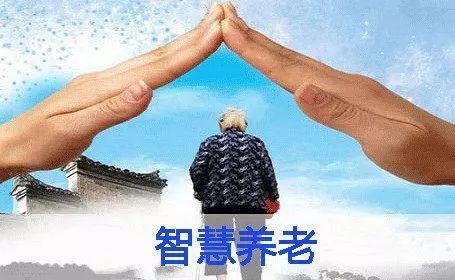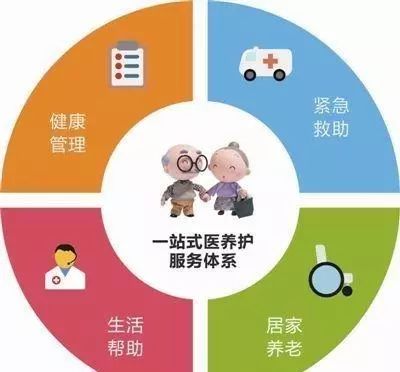As China's aging is further deepened, pensioning has become a major problem. In particular, the growing demand for old-age care and medical care among the elderly has led to an increasing trend in the combination of medical and health care needs and life care needs. In response to this problem, some people propose new ways of providing old-age care according to the concepts of smart city and smart community. Smart old-age, that is, through information technology, connect the elderly, communities, governments, and service providers to achieve health management and emergency assistance for the elderly. Full-service services such as life care.

The proposal of smart old-age provides a basis for security technology to cut into the old-age market, especially the entry of home security technology. The home security system provides a constant monitoring and environmental awareness through the combination of various sensors, cameras and other security monitoring equipment. Intrusion alarm, emergency help and other security functions, to increase the safety of home elderly, but relying solely on family security technology can not fully support the concept of smart pension, because with the development of society, the community pension model is more respected than home pension, Therefore, the daily activities of most elderly people are not limited to families, but extend to the community.

based care” service system must be based on the theory of smart communities and rely on the construction of smart communities, so that the “home-based care” service model can be more scientific and reasonable. And have the ability to continuously innovate and sustain. As an important part of smart city construction, smart community refers to the integration of Internet of Things, sensor network and network c

The three basic units in the “home-based care” service system—government, enterprises, and service objects—are independent of each other, but they all use the smart community information service platform as the core, which ultimately constitutes a hidden connection. In the model of “home-based care” service in the smart community, the government funds the construction of a smart community information service platform, obtains relevant information from it, and continuously develops and improves the functions of the information service platform; the service target mainly refers to the intelligent community information. The service platform provides its own demand information and selects its own service products from a wide range of service products; enterprises can obtain accurate service requirements from the smart community information service platform to provide accurate and professional service products.
The goal of the “home-based care” service system based on the smart community is: people-oriented, continuous innovation, sustainable development, effectively integrating various resources of the society, and finally achieving the win-win situation of the government, enterprises and service objects in the system.
The “home care” service under the smart community is an innovative pension model proposed in the context of the current smart city transformation. This model combines the construction of smart communities with community home care, and builds a scientific, complete and practical community home care service system, and improves the function of community home care services to meet the various needs of the elderly. The trend of home care for the elderly

